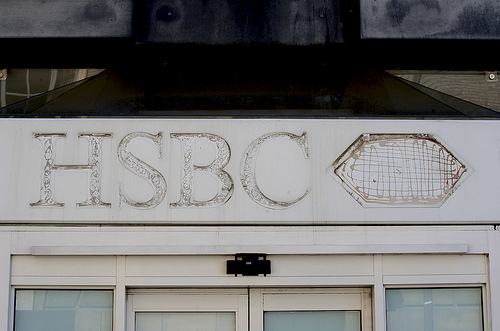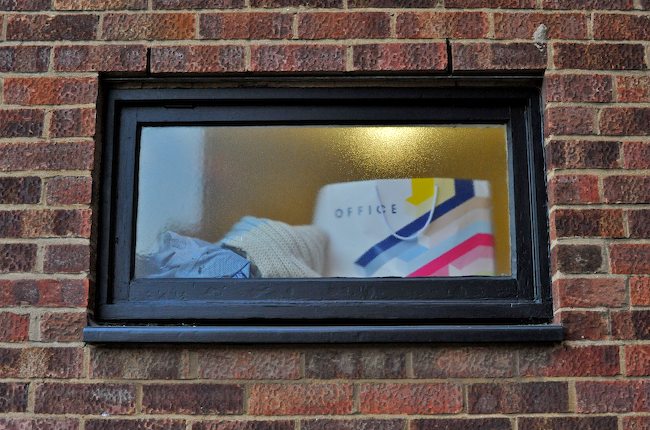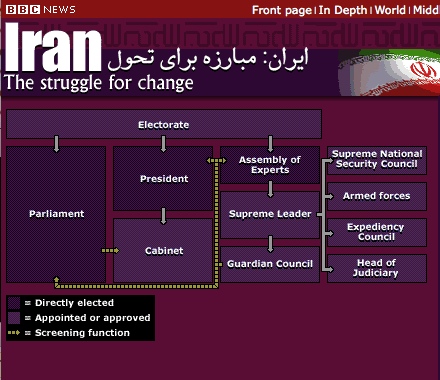I’ve been in a lot of discussions recently about the ‘death’ of (print) newspapers. What strikes me most about the print perspective is its almost childish impatience for immediate results. Faced with the reality of Marshall McLuhan’s observation that the future emerges more slowly than the past dissolves, print journalists decry the online future as a revenue-free chimera. Because online news doesn’t make money at the moment, they think it’s a hopeless prospect. (Another problem is that they are obsessed with the continuation of a particular output format — the newspaper — rather than the function that it performs, which is journalism. But that’s another story.)
I can understand their angst as a treasured way of working becomes unviable, but the idea that we could instantly switch from an industry built on, and shaped by, 19th-century technology into one based on networked technology is historically naive. In my Oxford seminar I used the example of what happened when broadcast radio arrived in the US in the 1920s. Entrepreneurs were as puzzled by how to make money from radio then as newspapers owners are by the Web. It took at least a decade to figure out to figure out a business model that would work for broadcast radio — and the solution was eventually found by a detergent manufacturer, Proctor and Gamble — which is how we got the soap opera. But in that decade lots of companies went bust trying to make money from the new medium. Yet, in the end, radio was the medium that changed the world, because it created the modern mass market. For the first time, people across the continental United States could have the same media experience at the same time — and advertisers could address a mass market.
Much the same is happening now. Nobody yet has a clear idea of a business model that will support journalism in a networked age. But I have absolutely no doubt that models will be found — in time. That’s the lesson of history.
Another lesson of history that grief-stricken print journalists ignore is that the modern print newspaper did not spring, ready-made, from its cradle. In fact it took a long time to evolve. This was the point made in an admirable post by Howard Owens on his blog.
For more than a decade, we expected to build online news organizations that could support a super structure of the modern newspaper newsroom — with the all the reporters and editors and big story packages (look at all the emphasis we put on big Flash multimedia productions) and that we could keep doing journalism just the way we always did it.
While we bemoaned shovelware (taking the same exact print story and repurposing it for the Web), we took little time to really examine what might might be different about online publishing that should change the way news is gathered and presented.
That’s why we were slow to embrace blogging, slow to recognize the power of social networking, and why, even today, most newspapers treat reader interaction (re: comments on stories) as a nuisance rather than an essential part of the business.
The Big Worry of the print culture is that in the networked world nobody will do Real Journalism — all that laudable, high-end, socially-responsible, investigative, speaking-truth-to-power stuff which makes journalists feel good about themselves and their role in society. Howard Owens reminds us that the celebrated pioneers of American newspaper culture didn’t do too much of that high-minded stuff. Au contraire.
The early giants of journalism got much wrong and got much right, but little that they did would resemble journalism of the past 60 or 70 years.
They didn’t, for example, do much in the way of investigative journalism. Nelly Bly worked for the New York World, but even her greatest public service reporting — locking herself in an insane asylum — isn’t what many of today’s newsroom pundits mean by high-cost investigative journalism. it was a stunt, just like her most expensive adventure, going around the world in 80 days. That really brought down a president, didn’t it?
Most of the other muckrakers who set the stage for investigative journalism didn’t even work for newspapers. They wrote for magazines and published books.
It took a long time for newspapers to build the cash flow to afford big time, expensive investigative journalism, and for publishers to recognize its value (and some of them still aren’t convinced) in helping to retain readers.
So if it took newspapers more than 100 years to build the business and content models that we all now cherish, why do we expect a fully formed online model to emerge in just 10 years?
Exactly. So the moral of the story is: patience. Journalism will continue even if print newspapers decline or even die. The world doesn’t end here.
.



